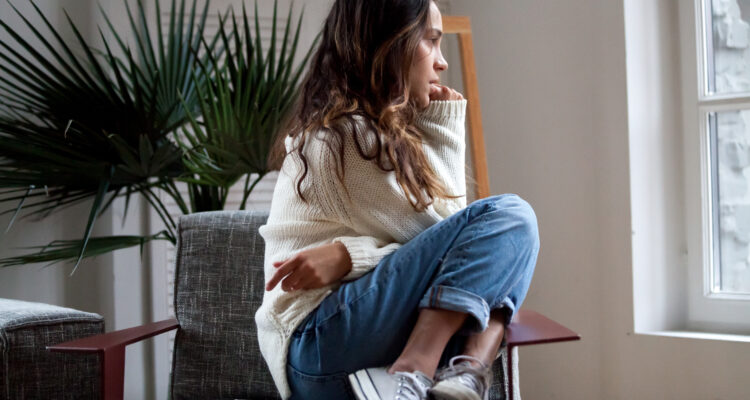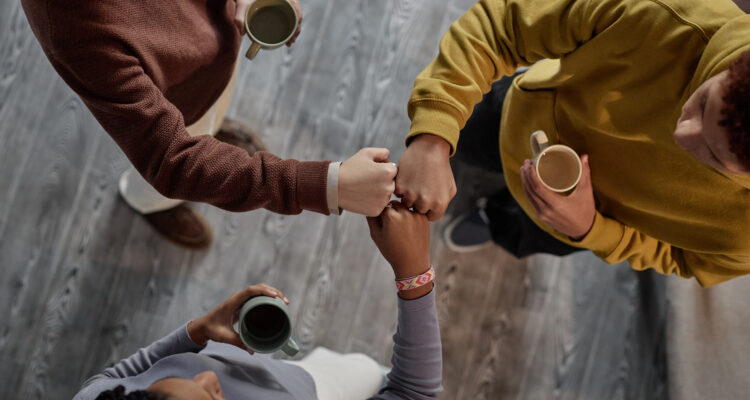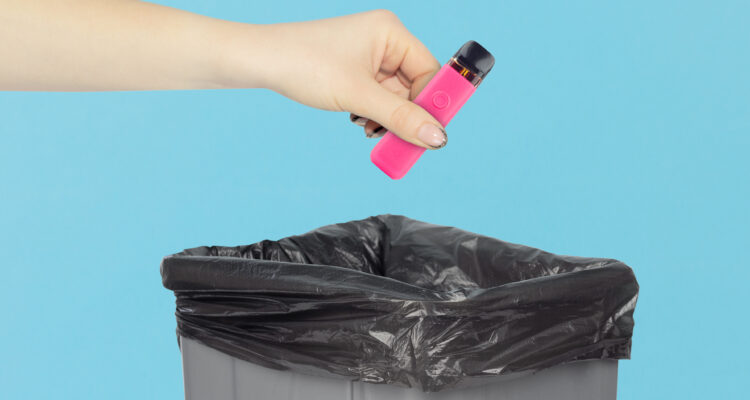Is anxiety normal?
Mental Health Awareness Week 2023 is taking place the 15th to 21st May, and the theme this year is anxiety. Unsurprisingly, the pandemic led to a 25% increase in anxiety and depression worldwide[1], according to the World Health Organisation, and to make things worse, mental health services were more difficult to access at this time. The cost-of-living crisis have led to a lot of people having financial anxieties too.
Anxiety is certainly a common human emotion – who hasn’t been a bit anxious before an interview, social event, or a hospital appointment? Around 6 in 10 adults admit to having suffered from significant anxiety from time to time.[2] Anxiety in certain circumstances is understandable, natural and can even be beneficial – as it encourages us to prepare.
When is anxiety a problem?
When anxiety is frequent, occurs during routine activities like leaving the house, and interferes with someone’s life, it becomes disabling. It is termed General Anxiety Disorder or GAD when it is the main feature of someone’s mental health problems.
What are the symptoms of anxiety?
Symptoms of anxiety can be easy to spot. They usually present as a feeling of panic and difficulty concentrating or physical symptoms such as sweating or nausea[3].
Sometimes they may be less easy to identify – such as irritability, a feeling of detachment or sleep problems. A racing or irregular heartbeat may occur. Although this can also be a sign of an actual heart problem, which can increase anxiety in itself, especially if the anxiety is about your health.
Anxiety can lead to panic attacks. These usually come with tingling around the mouth, pins and needles in the limbs and cramps in the hands as well as hyperventilating.
Severe anxiety needs assessment and support from a medical professional who will help identify the cause and suggest treatments. Treatment usually includes general support, cognitive behavioural therapy and medication.
But, for milder anxiety symptoms you may want to consider the following. Remember though, none of these tips will replace seeing your medical professional.
1. Try to improve your sleep
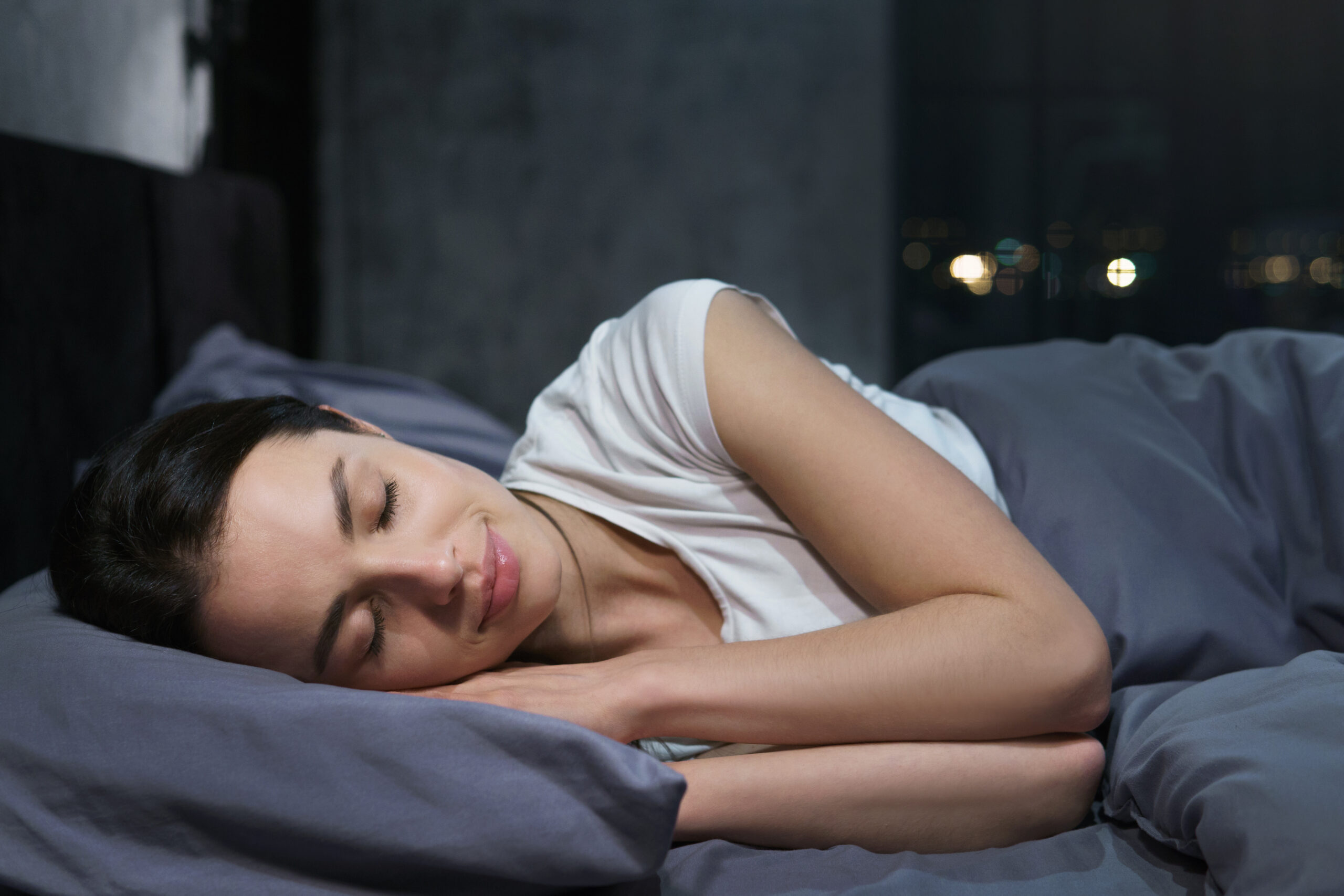
7-8 hours sleep is essential for most of us to maintain good mental and physical health. Poor sleep increases the stress hormone cortisol which can increase anxiety. Feeling anxious can make it harder to fall asleep and stay asleep – creating a vicious cycle.
You can increase your chances of getting a good sleep by: avoiding artificial TV or phone lights, not eating heavy meals, not drinking alcohol and reading a book before bed.
2. Reduce caffeine
Another easy way to improve sleep and reduce anxiety is to avoid caffeine after 12 to 1pm. Caffeine has a recognised blocking effect on adenosine, a chemical that induces sleep.
Caffeine-induced sleep disorder, caffeine-induced anxiety and caffeine-withdrawal disorder are all recognised psychiatric disorders, and yet you can buy energy drinks and high street coffees with over 300mg of caffeine per cup. The recommended daily amount of caffeine is 400mg in adults, or 200mg in pregnant adults. So, by simply reducing your caffeine intake, you may find your sleep improves and your anxiety subsides.
3. Get active – outdoors!
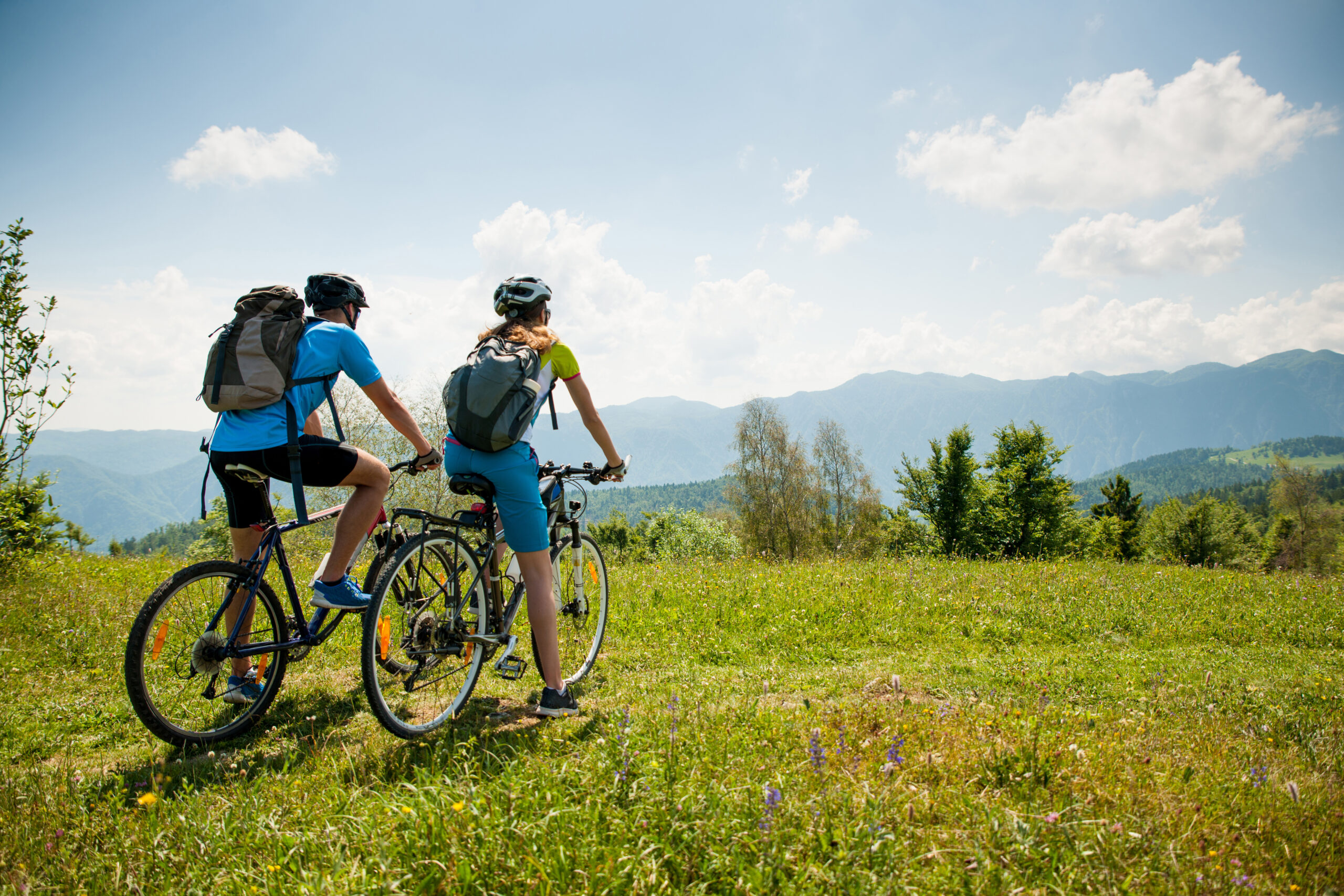
Exercise has well-recognised benefits for improving both anxiety and depression. Exercise produces endorphins — chemicals in the brain that act as natural painkillers. Scientists have found that regular exercise can decrease levels of tension, stabilize mood and improve self-esteem. Just five minutes of aerobic exercise can begin to stimulate anti-anxiety effects. [4] A recent randomised controlled study showed a 12-week group exercise programme was effective in treating anxiety in primary care[5].
If you can get out in nature to do it, even better. Natural light early in the day can improve sleep, and green spaces are known to have a positive impact on mental health, so exercising outside is even more beneficial[6].
4. Practice deep breathing
If you want a free, easy, and fast way to reduce anxiety, then something you can do in the moment is concentrate on your breathing. Hyperventilating (breathing fast) is a result of the ‘fight or flight’ mechanism in your brain making sure you have enough air in your muscles to run or fight an imagined threat. By controlling and slowing down your breath, you can convince your brain there is nothing threatening you.
There are various phone apps that can help you with this, but there’s also lots of free resources on YouTube and on the NHS website. Just search for ‘calming breathing exercises’ online.
5. Boost nutrients and your microbiome
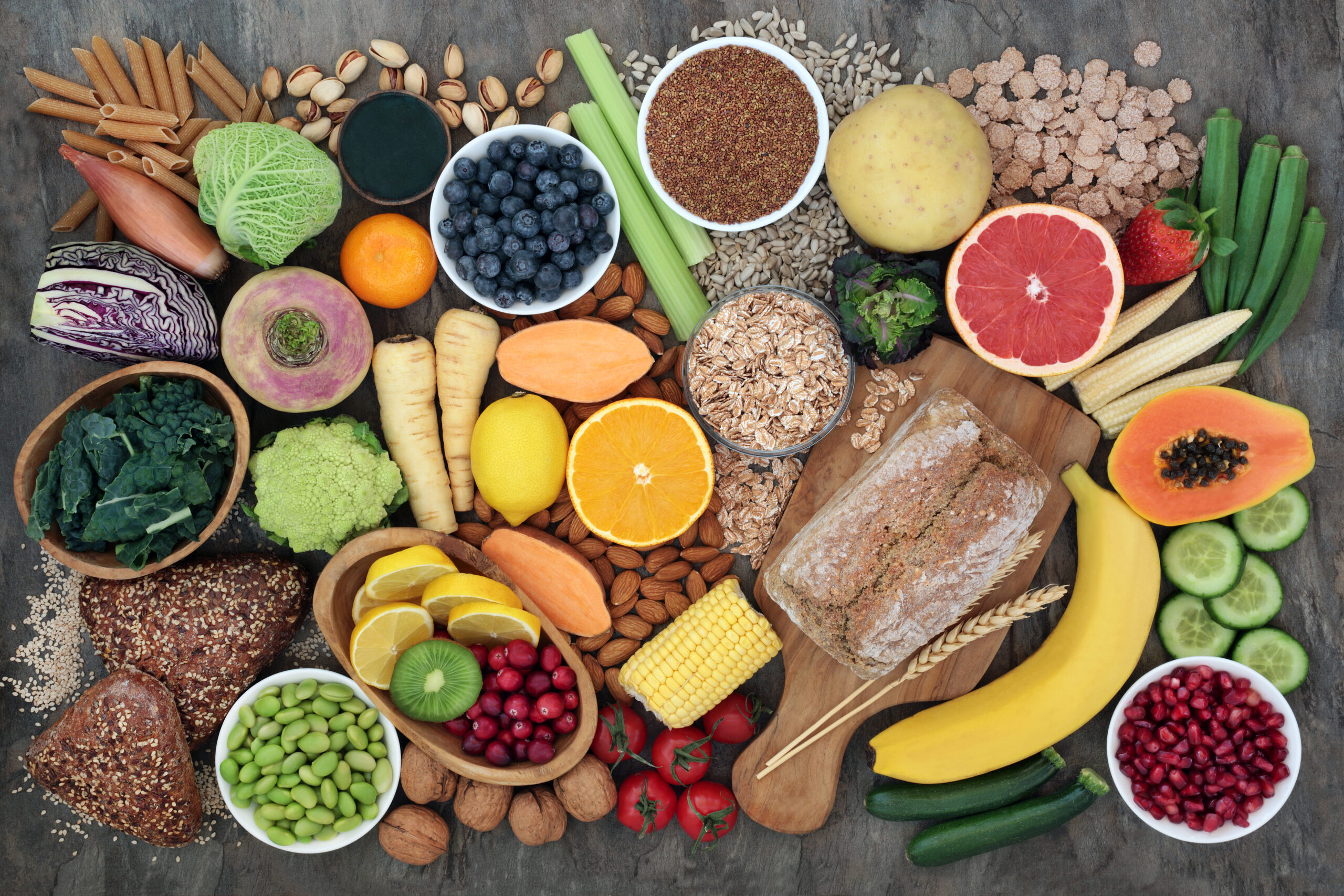
Evidence is showing there’s a link between good nutrition and better mental and physical health. Processed, sugary foods, low in nutrients can exacerbate anxiety whereas the nutrients in fruit and vegetables, other vitamins and minerals in fresh food, omega 3 fatty acids and more are associated with improved mood and lower anxiety in both animal and human studies.
What’s more, the latest research around our gut microbiome (naturally occurring bacteria and other micro-organisms) suggests they can interact with our brain via various chemicals that influence our mood. Prioritising high fibre foods, live yoghurt and fermented foods can boost our healthy gut microbes and our mental health too.
6. Find a four-legged friend
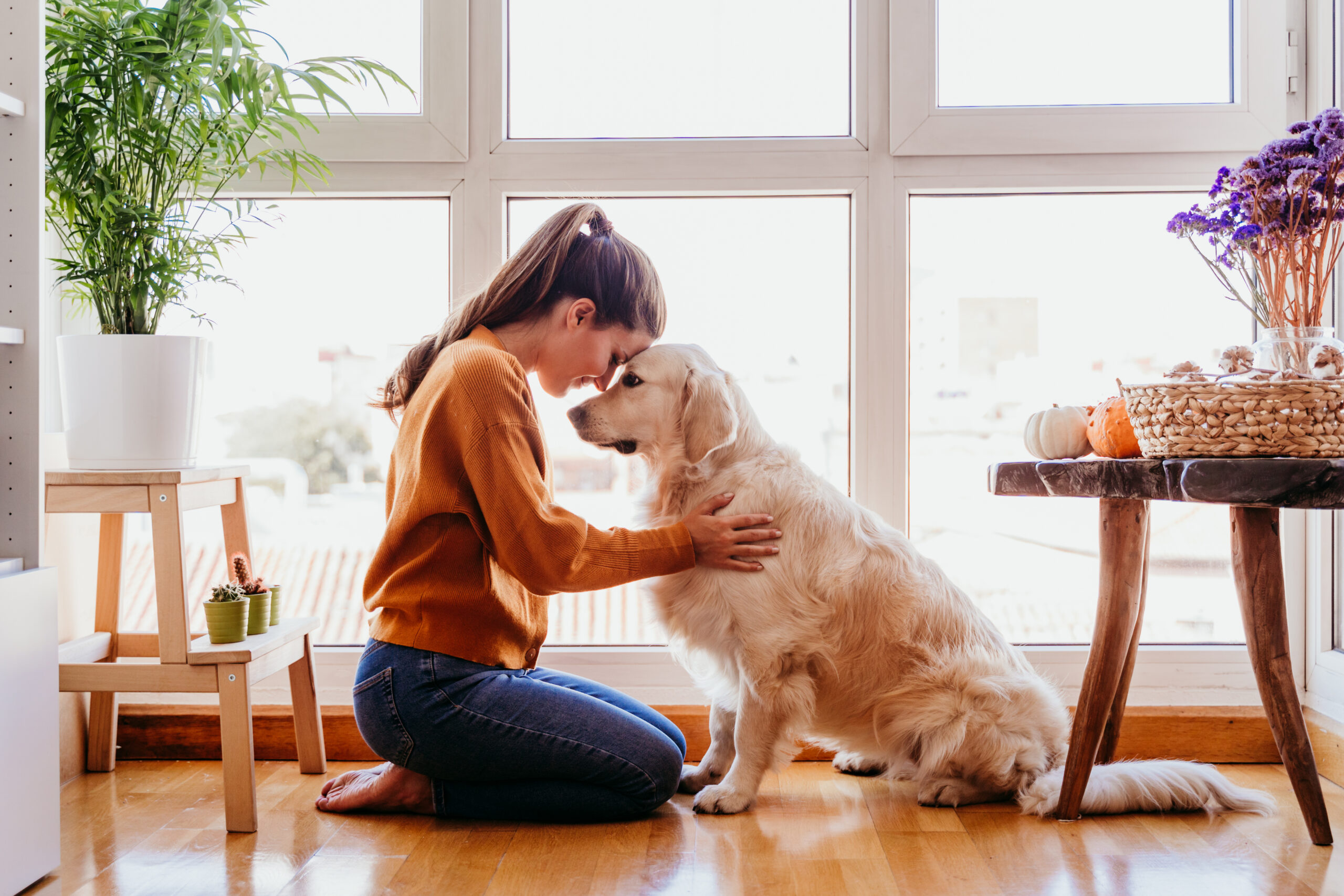
Finally, various research studies have shown the positive effects on anxiety and other mental health conditions from regular contact with dogs[7]. In fact, some universities, hospitals and other institutions where anxiety can be common, have introduced ‘petting therapy’ and shown a reduction in cortisol and stress levels. Even if owning a pet isn’t possible, joining a friend for a dog-walk can help reduce anxiety and improve health in several ways. There are also schemes whereby you can volunteer to walk a dog for someone else, or even borrow them for a few days!
Remember, anxiety is common and sharing any concerns about anxiety symptoms with your doctor or with a mental health support service will help in itself, as well as getting you the help you need. If your anxiety is in any way troubling you, it is always best to see a medical professional first and foremost.
[1] https://www.who.int/news/item/02-03-2022-covid-19-pandemic-triggers-25-increase-in-prevalence-of-anxiety-and-depression-worldwide
[2] Products – Data Briefs – Number 378- September 2020 (cdc.gov)
[3] https://www.nhs.uk/mental-health/feelings-symptoms-behaviours/feelings-and-symptoms/anxiety-fear-panic/
[4] https://adaa.org/living-with-anxiety/managing-anxiety/exercise-stress-and-anxiety
[5] Henriksson M et al. Effects of exercise on symptoms of anxiety in primary care patients: A randomized controlled trial. J Affect Disord. 2022
[6] Barton J, Rogerson M. The importance of greenspace for mental health. BJPsych Int. 2017
[7] Maurice C, Engels C, Canouï-Poitrine F, Lemogne C, Fromantin I, Poitrine E. Dog ownership and mental health among community-dwelling older adults: A systematic review. Int J Geriatr Psychiatry. 2022
